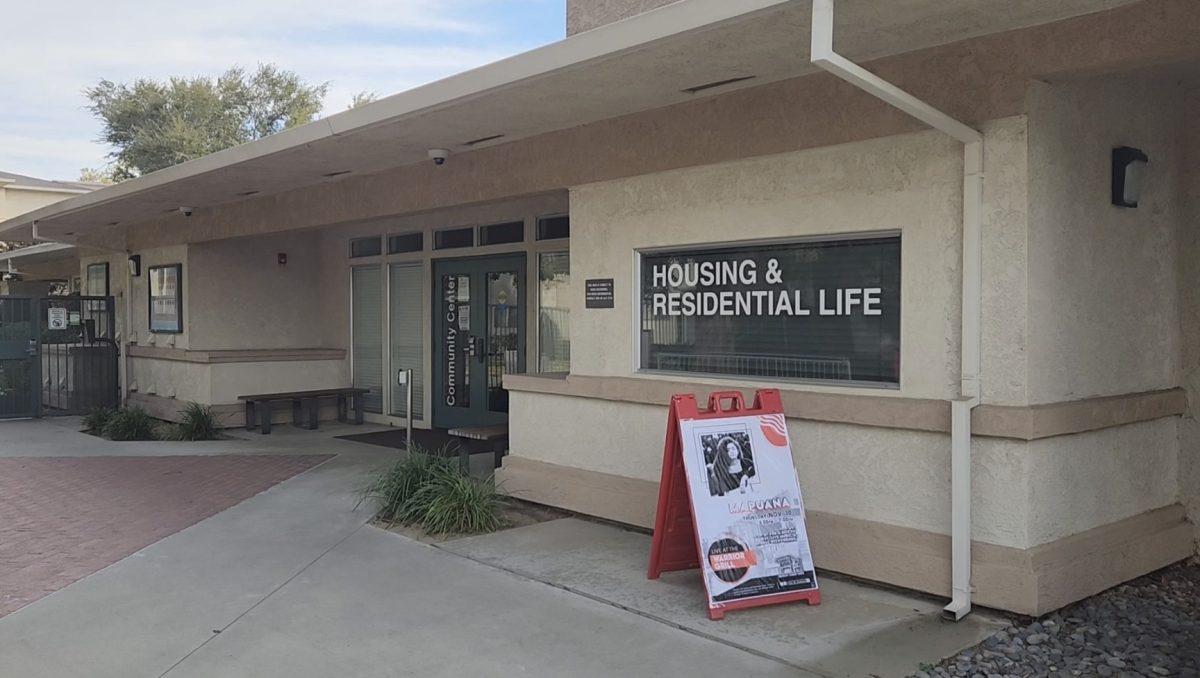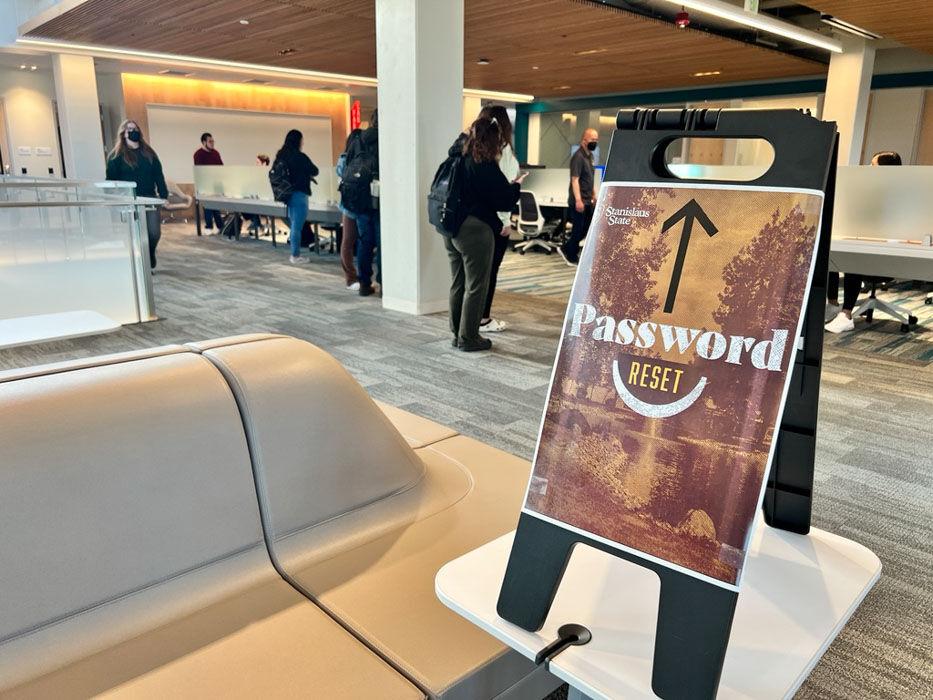It’s the eve of a midterm and I’m sitting in an upper division class listening to students bully our professor into extending the date of the exam. At least 45 minutes of review and an outline of the exact format of the test was not enough to suffice for my classmates. Class comes to end with a wasted 20 minutes of unreasoned argument and an unchanged schedule. The behavior of my peers is irritating at minimum, but frankly, it’s embarrassing.
This sort of behavior can root from the usual panic that ensues the week before midterms. But, lack of sleep and junk food might not be the only reason for a college student’s pompous behavior towards an instructor.
Attitudes of entitlement and egocentrism are the biggest issue when dealing with, and being associated with, Generation Y.
Generation Y. This is everyone born in the 1980’s to early 1990’s. The last group of people to have made connections to the twentieth century (pre-proliferation of internet, cell phones and social media), yet have primarily grown up in a world surrounded by technology.
The tail end of this generation is us students, for the most part. We are the millennials.
As a member of Generation Y, it’s hard to talk about the frustrations of other millennials while still being part of the cohort, but nonetheless some things just have to be said.
Generation Y has a reputation that includes many negative characteristics. Casey Carlson’s article, “Traditionalists, Baby Boomers, Generation X, Generating Y (and Generation Z) Working Together,” states that millennials have been “encouraged to make their own choices and taught to question authority.”
By questioning a professor’s reasoning for the preparation of a class schedule or the decision of if and when he or she will provide an exam review, a student is questioning their credibility as an instructor in general. The classroom scene is consistent with this characteristic Carlson presents, and proves it to be a product of Generation Y.
Questioning authority can be seen as a positive in some cases, as long as that questioning has justification and support.
Another little Generation Y idiosyncrasy has to do with passively absorbing information as opposed to critical thinking. Ironic, as Critical Thinking is a course requirement of lower-division General Education at California State University, Stanislaus.
Angela Weiler writes in the article, “Information-Seeking Behavior in Generation Y Students: Motivation, Critical Thinking, and Learning Theory,” that critical thinking is “suffering because of the large proportion of time spent in sedentary pastimes, passively absorbing words and images, rather than in reading.”
As this article gets passively read by millennials, so do textbooks, Facebook posts, Instagram captions and apparently even exam schedules.
A huge issue with this passivity ties into another characteristic, which is not making time to do what is important. Weiler writes that “students, like most of us, are very concerned about saving time.”
“Getting to Know Generation Y,” an article by Garin Giacoarro, narrates some of his personal perspectives as a millennial. “Time management is another issue that generates criticism for my generation. Often times, working from 8 a.m. to 5 p.m. doesn’t seem as critical to us as it does to others.
All of these characteristics go back to the main idea of egocentrism and entitlement. We question and judge because “I know best.” We passively absorb because “it isn’t useful to me,” or “I don’t see the significance.” And, saving time is important because “my time is valuable.”
However, not all of this is our fault. Since our childhood, helicopter parents have been overly attentive to our needs and whims.
We’ve been taught to get in and out of college, not necessarily to respect the university and those who make it up, or to absorb everything or to take time when time is needed.
But, Generation Y should not be viewed in this light. Millennials have an unmatched potential and give hope for a very bright future.
At CSU Stanislaus, let’s step aside from the lousy noise of Generation Y and be the exception. Don’t fall into a stereotype that doesn’t do us justice. We can start this idea with something small.
Registration is just around the corner, which means advising appointments are too. Take what your faculty or staff advisor has into consideration, even if you don’t think it’s best. Come to the appointment with an active mentality, maybe even a plan of what you want. Finally, don’t rush through it.
This time of your life IS what’s most important right now, so savor it.
Categories:
The struggle: Generation Y are you embarrassing
By Kate Brown
•
October 18, 2013
0
Donate to Signal
Your donation will support the student journalists of California State University, Stanislaus. Your contribution will allow us to purchase equipment and cover our annual website hosting costs.
More to Discover






